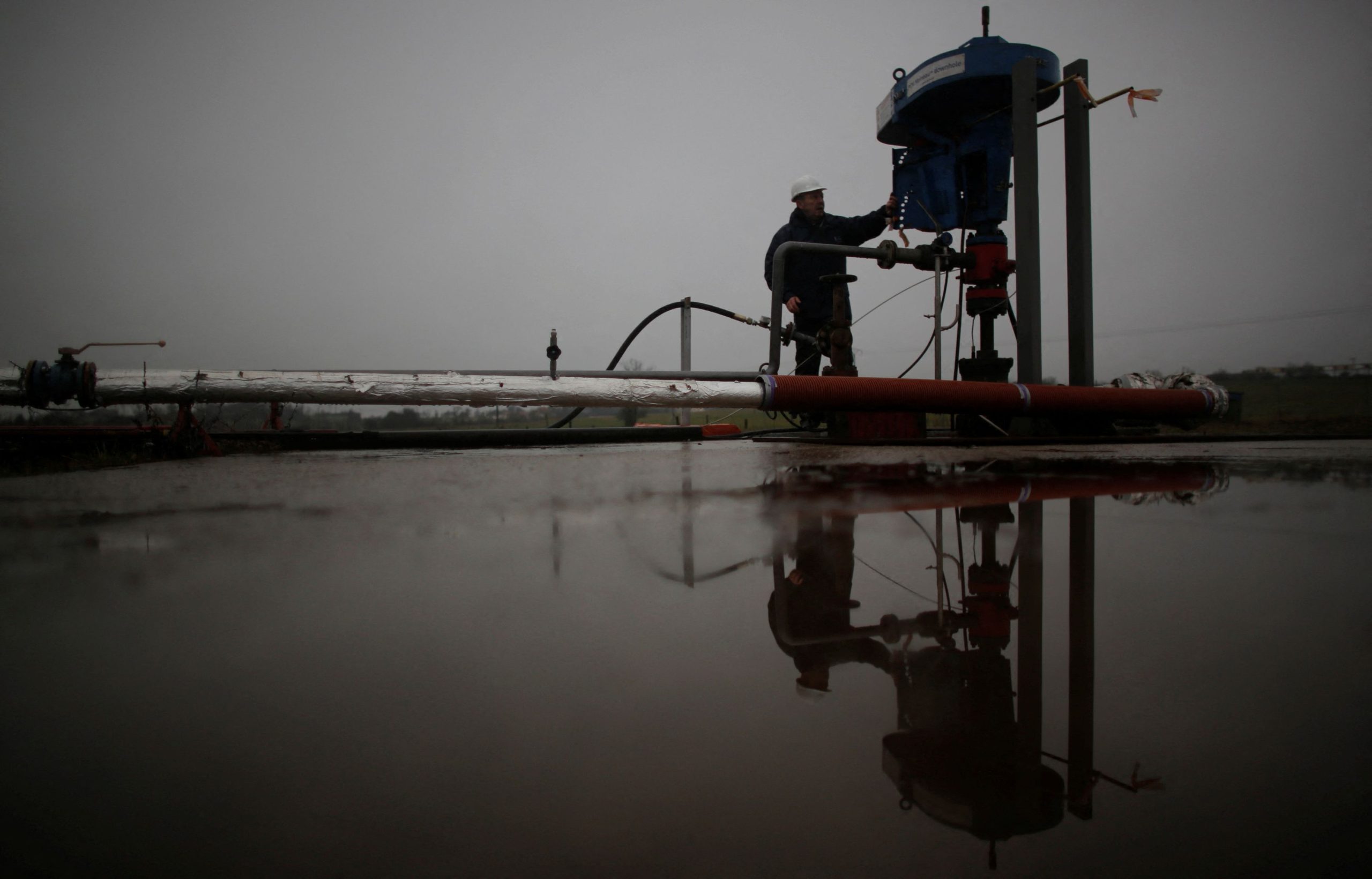HALIFAX – Nova Scotia’s NDP and Liberal leaders attacked Progressive Conservative leader Tim Houston’s claims of reviving the province’s ailing health-care system, citing patient horror stories during a televised debate Thursday.
As Houston stuck to his argument that his government inherited “a mess” that it has started to stabilize, Liberal Leader Zach Churchill responded by saying that the number of people on a wait list seeking family doctors has gone from 60,000 when the Liberals governed to recent figures of about 145,000.
“If we continue on this track, there are going to be half a million people in this province without a doctor, and that’s going to be devastating for the health system and for people’s health,” said Churchill.
Houston countered by saying the system had crumbled under 12 years of NDP and Liberal governments, arguing. “We were taking over from parties that were inactive in health care.”
The Progressive Conservative leader — who is running for a second term in the Nov. 26 election — conceded improvement to the system “is taking time,” while saying that since 2021 there has been a net gain of 250 doctors, with more coming through programs to train physicians and speed up certification for foreign-trained doctors.
He said that there are one million more “appointment opportunities” for patients than when his government took office, as his government has opened more clinics and allowed health-care professionals such as pharmacists to take on wider scopes of practice.
However, NDP Leader Claudia Chender responded by telling the story of a young mother who waited for 14 hours with her feverish child in an emergency room, saying this is “completely unacceptable and it’s because of a lack of primary care.” The NDP is promising to create 15 collaborative care clinics in its first year of government.
During an exchange with Houston, Churchill claimed that despite hundreds of millions in added spending on health, “there are more mice than staff” at Halifax’s Victoria General hospital.
Chender also sharply criticized Houston after he noted a health-care app pioneered by the Tories had “opened up access” to care for people facing a mental health crisis in the middle of the night. The NDP leader said, “what we need is actual resources to help people when they need it.”
The debate hosted by CBC grew lively over Houston’s argument that his government would be the most effective in reducing inflation because he has opposed implementing carbon pricing on fuel.
“I am the only one that will stand up to the carbon tax. I know the Liberals want a carbon tax under a different name. It’s still a carbon tax, it impacts the price of everything. The best thing we can do with affordability … is stand up to the carbon tax,” he said.
Chender said she found it ironic that Houston was saying he was the voice of action, “when all you do is blame Ottawa for the challenges that people are facing today in Nova Scotia.”
Churchill, meanwhile, noted the “carbon tax is still here …. We will end the carbon tax by bringing in a cap-and-trade system that will do our part to reduce emissions, give money back to you so you can pay for your heat pumps, get rebates for your electric vehicles and it will also take 10 to 15 cents off at the pump.”
“Mr. Houston would rather kick and scream and whine than actually do his job and negotiate a better deal for you,” said the Liberal leader.
That led to the assertion by Houston — one he has made frequently during the campaign — that he alone is untethered to a federal party.
“I’m the only leader on this stage that is only looking out for the interests of Nova Scotians and not beholden to a political party. The NDP are beholden to Jagmeet Singh in Ottawa, the Liberals are beholden to Justin Trudeau in Ottawa. I am only beholden to Nova Scotians,” he said.
At the dissolution of the 55-seat legislature, the Progressive Conservatives held 34 seats, the Liberals had 14 seats, the NDP held six and there was one independent member. Recent polls show the Tories with a sizable lead over the other two parties.
The debate also included some sharp exchanges over Houston’s credibility after he jettisoned several promises made in the last election.
The Progressive Conservative leader said, “Everything that I tell you, I believe in my heart we can do …. I believe I’ve shown Nova Scotians that when new information comes available or when I can see that I’m wrong, I have the courage to change path.”
But Churchill responded that Houston’s failure to keep a promise to hold the election on a fixed date — which would have been next summer — was a signal he’s more interested in gaining power than being accountable.
“This election is not about you, it’s about him,” he told viewers.
The Liberal leader said he would not seek re-election if he were unable to keep his promises. “Even through the hard times when the public pressure shifts and the headlines get bad, you can’t govern like a wet noodle in the wind,” he said.
This report by The Canadian Press was first published Nov. 14, 2024.
— With files from Keith Doucette.
